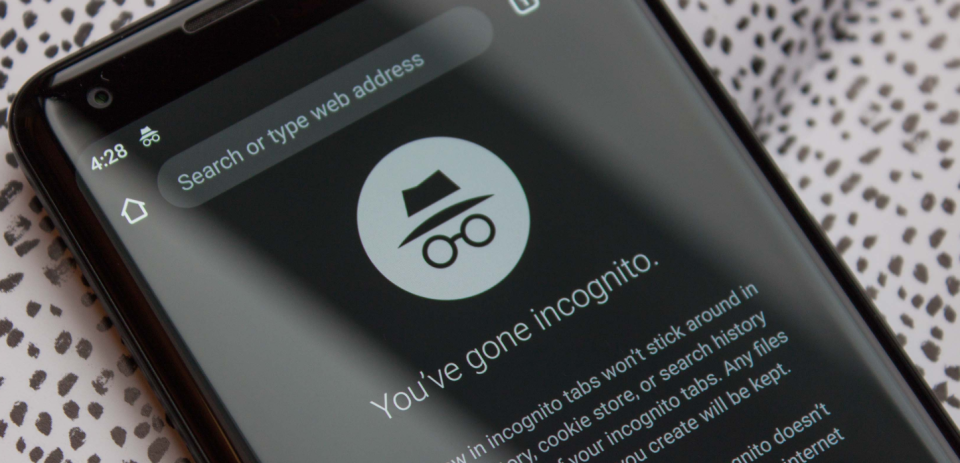Google is making Incognito mode even more private

Google has announced it is closing a loophole in Chrome that lets websites detect that you’re browsing in Incognito mode.
The change will kick in at the end of July, when Google will release a new version of Chrome: Chrome 76.
Google said the whole concept of Incognito Mode revolves around the principle of being able to browse the web privately.
“We want you to be able to access the web privately, with the assurance that your choice to do so is private as well.”
Related story: Twitter fired up as Google blocks ticket reseller Viagogo from paid search results
Related story: You can now Google Map your way to a grave
Related story: Google Maps wants to tell you if your driver is taking a strange route
The loophole
Chrome has something called a ‘FileSystem API’, but on Incognito mode, this is disabled.
So when sites check for the availability of this FileSystem API and receive an error message, they know that a private session is occurring, and then the user is given a different experience (such as a message that prompts the user to log in to view content).
“With the release of Chrome 76 scheduled for July 30, the behavior of the FileSystem API will be modified to remedy this method of Incognito Mode detection.”
The change will hit publishers hard
The tech giant is also warning that publishers who have paywalls for their content will be affected.
At the moment, some of these publications can figure out you’re in the popular stealth mode and then compel the user to log in or switch back to a public browser, ultimately preventing the user from accessing the content.
Google recommended a few changes to publishers who rely on detecting users on Incognito mode:
Reduce the number of free articles people can view;
Require free registration to view content; and
Harden their paywalls.
“We suggest publishers monitor the effect of the FileSystem API change before taking reactive measures since any impact on user behavior may be different than expected and any change in meter strategy will impact all users, not just those using Incognito Mode,” the tech giant said.
Why is our privacy on Incognito mode important?
If you thought Incognito mode was just for porn, you’re wrong.
There are a number of practical and sometimes life-threatening situations where Incognito is necessary.
For example, those in domestic abuse situations or living in areas of political unrest will have an important reason for wanting to conceal their online activity.
But on a more day-to-day level, it can be as simple as wanting to quickly check your email or your social media page on your friend or partner’s device without logging them out.
Make your money work with Yahoo Finance’s daily newsletter. Sign up here and stay on top of the latest money, news and tech news.

 Yahoo Finance
Yahoo Finance 